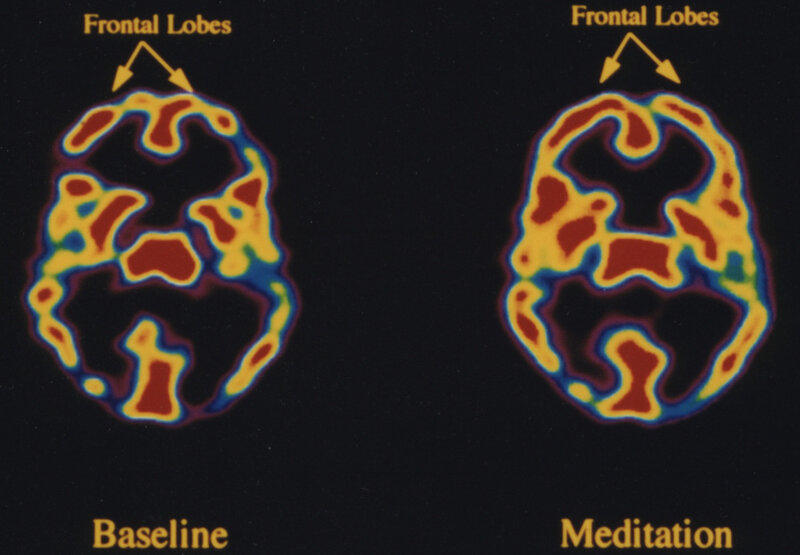james bond
Well-Known Member

I'm not a believer in neurotheology, but I would think that there is more activity and awareness in the religious brain, especially the frontal lobes, versus that of an atheist brain. This isn't to say that atheists are dull thinkers, but that they do not experience the full sense of consciousness or awareness of that of a religious person. The atheists are in a state of continual dissatisfaction and pain. Through prayer, chanting and meditation, the religious are able to tap into their neurological selves better in order to better achieve a closer to Nirvana or enlightenment state. In this sense, I am for the better enlightenment of all here.
Neurotheology: This Is Your Brain On Religion
